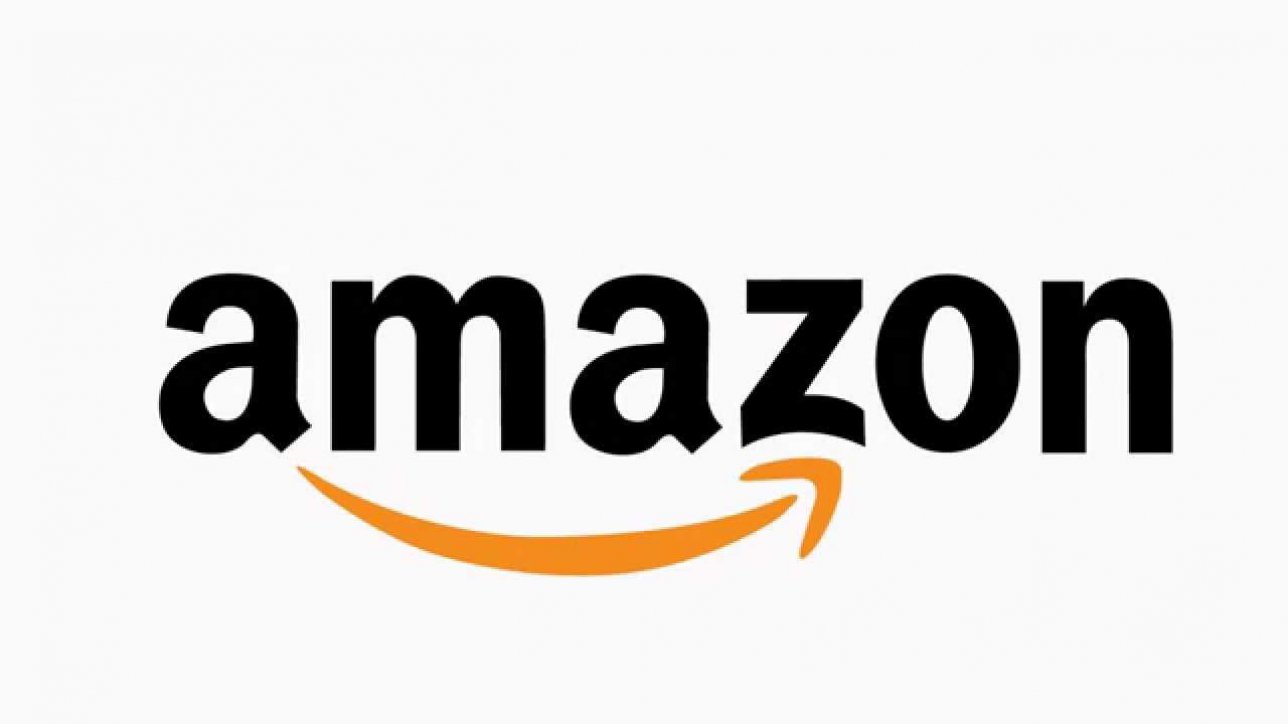Amazon in its 2018 “10-K” filing admitted, “We also may be unable to prevent sellers in our stores .. from selling .. counterfeit .. goods”. So Amazon is finally trying to tackle its counterfeit catastrophe, but should you trust an online retailer to protect your brand?
Jeff Bezos is officially the richest man in the world, but for the thousands of sellers on Amazon some businesses have suffered, not thrived, because of their choice to use the world-changing e-commerce platform. The rapid expansion of the company has seen a surge in counterfeit products and unauthorized sellers, and legitimate sellers could easily lose the trust of their customers, as well as millions in revenue, as a result.
According to a study by advocacy group The Counterfeit Report last year, there have been roughly 58,000 counterfeit products on Amazon since May 2016. Most of these have come from Amazon Marketplace, a feature launched in 2000 on the platform that allows third parties to sell products direct to customers. Marketplace’s US $9.2 billion revenue in quarter one of 2018 accounted for 20 per cent of Amazon’s total income, so the company is invested in keeping it going.
However, unlike Amazon’s own e-commerce business, which it completely controls, Amazon Marketplace is the ‘Wild West’ of e-commerce, where fakes are freely sold with very little regulation or repercussions.
In 2016, Apple took Amazon supplier Mobile Star to court when it bought 100 iPhones, power adaptors and lightening cables that Mobile Star advertised as genuine, only for Apple to discover that 90 per cent were counterfeit. Countless other lawsuits have been brought by companies against Amazon suppliers selling fakes around the globe.
Will Transparency help?
Also in 2016, Daimler AG, parent company of Mercedes Benz, lost a case it brought against Amazon itself, for the sale of counterfeit car wheels on the platform. Courts have confirmed time and again that the company is not liable for selling fake products, as it is only the platform for sellers, rather than a seller itself.
But the continuous bad press and lawsuits have spurred Amazon into action in recent years. In 2017 the company launched its Brand Registry program that allows companies to share their trademark, verified photos of their product and other information with Amazon so the company can scan for counterfeits.
Then, last year, Amazon stepped up the trials of its Transparency program, inviting brands to identify their products with unique 2D matrix codes (provided by Amazon) that is designed to prove the origin and authenticity of each product. Once the product has been received, customers can scan the Transparency codes using the Amazon app to confirm the product isn’t fake. But the program has experienced a lot of glitches, with legitimate sellers finding their accounts suspended even when they have met all the requirements. Some industry white papers have suggested that pure “serialisation” such as used by Transparency is actually a “gift” to counterfeiters.
In late February this year, Amazon made all its trials and tests official, by launching Project Zero, an invite only program which incorporates the lessons it’s learned from the Brand Registry and Transparency programs. This is a positive step for the e-commerce industry, but there is just one problem – Amazon is working to protect its brand, and many Brand owners have asked “but does this protect my Brand?”.
Anti-counterfeiting tailored to your brand
Unlike Amazon, at YPB we believe that anti-counterfeiting technology should be individualised to the issues impacting each particular brand – one size does not fit all. We will tailor a solution unique to your brand, such as using our ProtectCodes, which can have our unclonable Motif Micro technology embedded as covert tracers to ensure tamper evidence reporting throughout your supply chain. YPB’s Motif Micro is designed to create certainty of authenticity through the power of the smartphone.
Even better, our YPB Connect platform collects customer data from each interaction so that your anti-counterfeiting technology isn’t just protecting your brand, but actively creating customer engagement opportunities. By focusing on the counterfeiters, and not your brand, Amazon is only seeing the problem, and not how the solution can work to grow your business.
Amazon is great at selling your product, but YPB are the experts in anti-counterfeiting technology – contact us today to find out how we can protect your brand throughout the supply chain and help you CONNECT to the end consumers.

